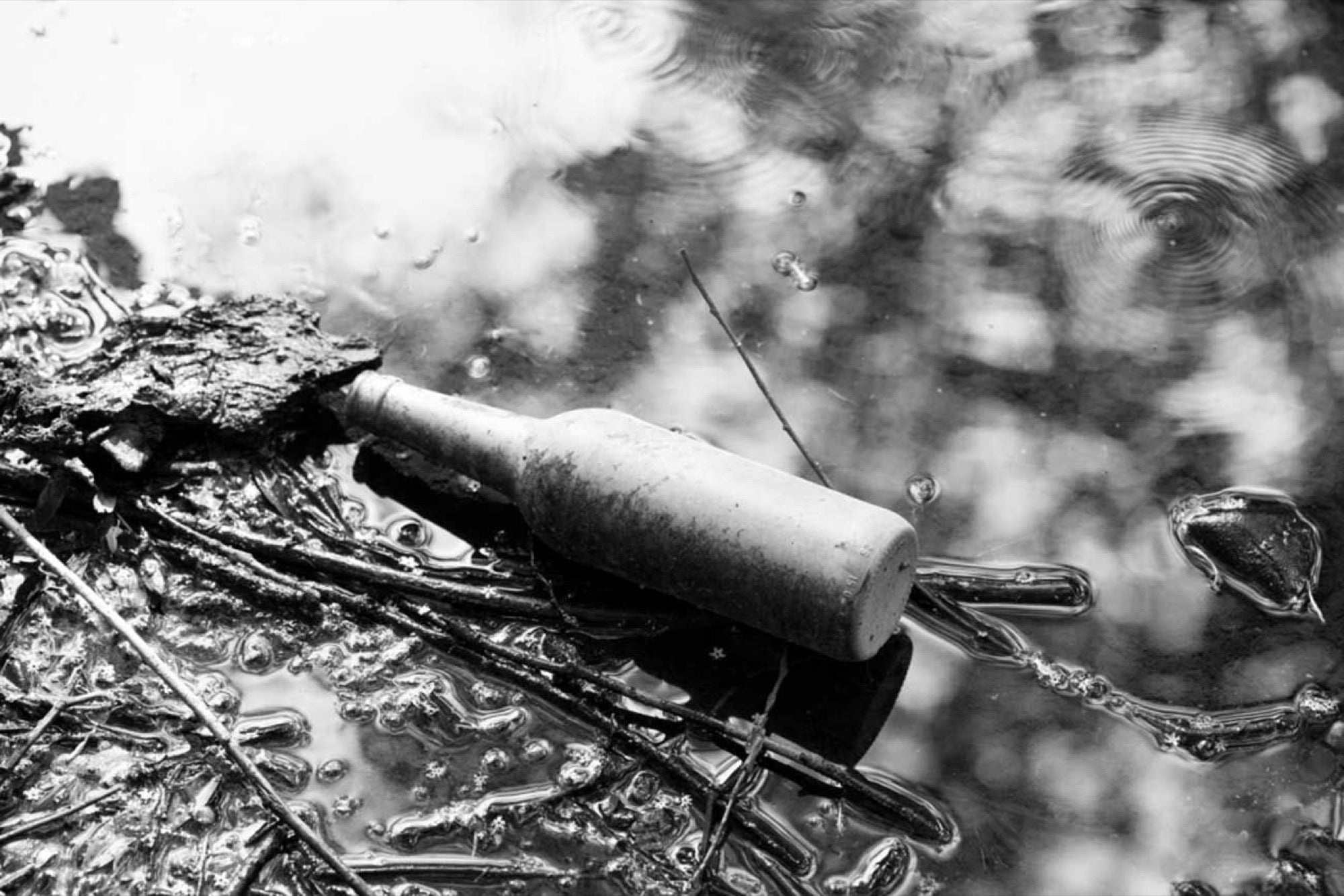Why This Social Startup, That Recently Raised Funding, Is Important Singapore-based Hydroleap, which treats wastewater in an ecofriendly way, raised nearly $2 million from a host of investors
Opinions expressed by Entrepreneur contributors are their own.
You're reading Entrepreneur Asia Pacific, an international franchise of Entrepreneur Media.

Singapore-based wastewater treatment startup Hydroleap raised $1.9 million in a funding round led by Wavemaker Partners, Seeds Capital and 500 Startups, among others, the company said on Monday.
Hydroleap provides wastewater treatment solutions which involve replacing chemicals, which sometimes leach into the soil and groundwater, rendering them unusable, with electricity to make the process more environment-friendly.
The company says using electricity to treat water is three times cheaper and two times smaller than technologies that currently exist.
Hydroleap plans to use the funds to implement its technology in industrial parks, mining, palm oil and semiconductor industries.
"It is a groundbreaking step in dealing with the over 600 billion cubic metres of wastewater generated every year," said Vishal Harnal, general partner at 500 Startups, which invested in the most recent round.
Climate Change In Focus
Companies with innovative solutions that positively affect the environment have been hot favorites this year as conversation around global warming and climate change heats up.
Climate change has become a very real threat to human existence, and environmentalists have warned that time to make any meaningful changes is rapidly running out.
Today, nearly 80 per cent of all wastewater is discharged into the world's waterways, where it creates environmental and climate-related hazards, a report by the International Water Association said, adding discharging untreated effluent in water bodies contributes significantly to greenhouse gas emissions.
But government, companies and private sector operators have recognized the importance of treating wastewater, not just to eradicate the possibility of fatal diseases, but also because wastewater and sludge can be used in several other ways, such as to produce electricity, extraction of mineral deposits, and to produce drinkable water.
The Bill & Melinda Gates Foundation has spent nearly $200 million over seven years to find solutions for the world's wastewater problem, including creating safe, drinkable water from sludge and sewage water.
At a conference in Beijing last year, the billionaire philanthropist walked on to the stage carrying a jar of human feces to emphasize the problem of sanitation and water contamination in parts of the world where wastewater is poorly managed.
Gates was speaking at the Reinvented Toilet Expo, where he helped 20 or so inventors of innovative toilets exhibit their products, which ranged from biotoilets and household toilets with built-in waste processors, to commercial-grade waste treatment centers.
"In rich countries, we have sewers that take clean water in, flush some of the dirty water out. In almost all cases there is a treatment plan," Gates said.
"As we have all these newer cities with lots of less wealthy people in them, those sewers have not been built and in fact, it's not likely they will ever be, so the question is, could you do it? Could you process human waste without that sewer system?," he added.
Lack of proper sanitation, including wastewater treatment, costs the world nearly $223 billion every year, according to the Gates Foundation website. Worldwide, every dollar spent on sanitation on average provides at least $5 in return, the website added.













